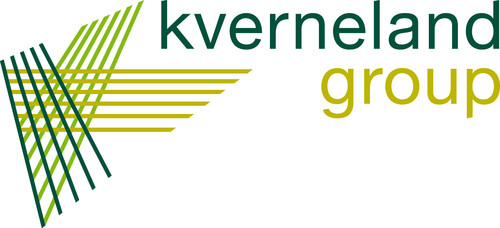
Narrow-track tractors, a political issue
If the timetable for applying the measures is confirmed, the manufacturing industries would not be able to update their production of tractors in the required. On this issue, talks were held at EIMA International with EMPs Marco Zullo and David Borelli
The EIMA International exposition coincided with decisive work in Brussels being played out on the feasibility of emission Stage IV for narrow high-clearance specialist tractors of the type for vineyard and orchard operations. Under discussion is the issue of requiring compliance with norms on exhaust emissions with bulky devices which would require manufacturers to totally redesign these tractors.
If the timetable for the European Union norms for the first step in compliance – 2017 for Phase IV and 2019-2020 for Phase V – stay in place the industries would be unable to update production to meet the deadlines and this would lead to serious repercussions for the sector.
The issue was raised during a visit to EIMA International by Italian EMPs Marco Zullo, on the European Parliamentary Committee on Agriculture and Rural Development, and David Borrelli, on the Committee on Industry, Research and Energy, after a FederUnacoma delegation presented the issue during an audition in the European Parliament, with a large number of Italian EMPs present.
In the meeting at the EIMA event held during a visit of the two EMPs to the pavilions, FederUnacoma President Massimo Goldoni emphasized the points of what the manufacturers have already done to reduce exhaust emissions and that a short term further tightening of the norms would be unsustainable for them.
At this meeting, Goldoni delivered a document to Zullo and Borrelli covering the technical and financial considerations involved in the issue as a sort of promemoria for discussions in the coming weeks. The contents of the document affirm that compliance with current emission norms upsets the requirements of these narrow track tractors to the point that there is a very real possibility that they would no longer meet the needs of their end-users and this would lead to the paradox of new units in conformity remaining unsold and units with obsolete technology continuing work beyond their limitations to nullify the purpose of Directive 97/68/EU.
The text states, “The worries of the industry go beyond the shortfall of benefits for the environment and the application of more restrictive norms and USA-EPA regulations which will, in this weak market cycle and with no adequate technological solution, cause the loss of jobs and a lack of efficiency for the Transatlantic Trade and Investment Partnership accord being finalized by the United States and European Union.”








